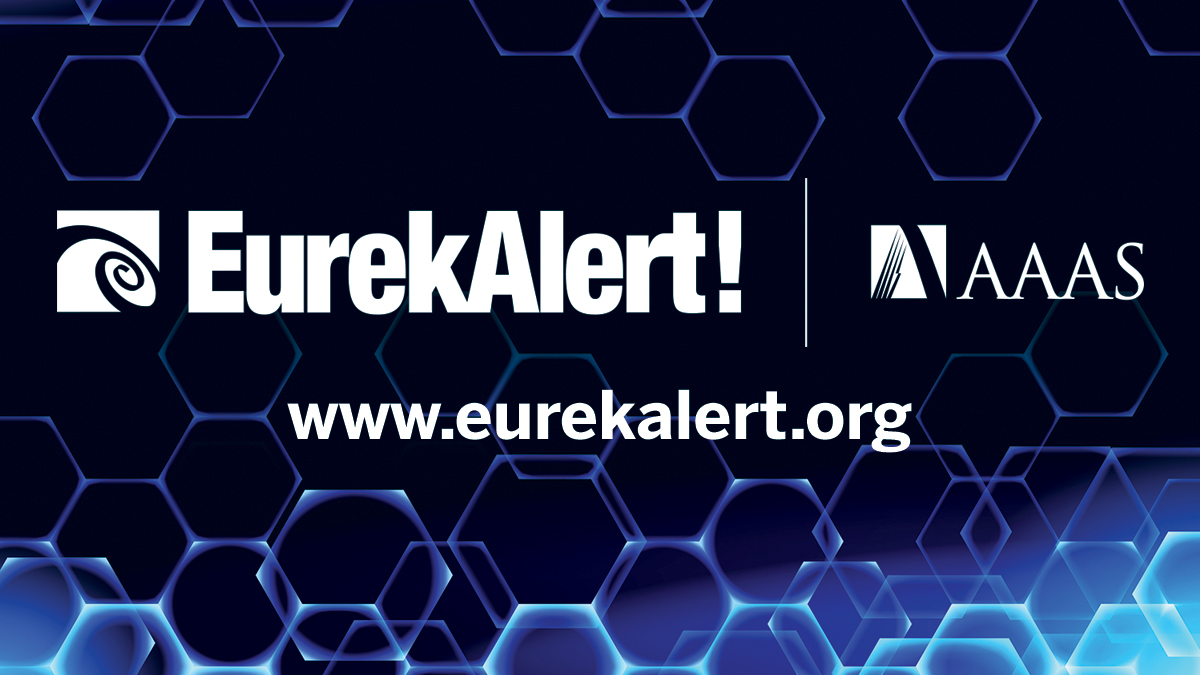
A University of Arizona Health Sciences study of COVID-19 vaccine effectiveness and immunity among frontline workers has received a $15 million award from the U.S. Centers for Disease Control and Prevention (CDC) to continue the current research for another year and expand to include children and focus on underserved populations.
“This phase of the AZ HEROES study will build on what we have already learned, expand our knowledge of vaccine effectiveness as more youth receive the vaccine and provide vital knowledge as new COVID-19 variants with increased transmissibility expand globally,” said Jeff Burgess, MD, MPH, MS, who leads AZ HEROES and is the associate dean for research and a professor at the Mel and Enid Zuckerman College of Public Health.
AZ HEROES – the Arizona Healthcare, Emergency Response, and Other Essential Workers Surveillance study – is expanding participation to include children aged 4 months to 17 years and increasing its focus on underserved populations. The study initially sought to evaluate incidence of COVID-19 infection, reinfection and immunity among health care personnel, first responders and other essential workers.
Recent findings published in the New England Journal of Medicine showed that individuals who contract COVID-19 even after vaccination are likely to have a lower viral load, experience a shorter infection time and have milder symptoms than people who are unvaccinated.
Over the next year, researchers will continue to evaluate vaccine effectiveness, including different vaccine types and adherence to recommended vaccine doses and timing. They will also assess the duration of vaccine protection, the degree to which the vaccines prevent more severe illness in those cases when vaccinated individuals do become infected, and the degree to which prior infection impacts vaccine effectiveness.
“This new round of funding from the CDC is a vote of confidence in the critical research University of Arizona Health Sciences researchers are doing on COVID-19 vaccines and immunity,” said University of Arizona President Robert C. Robbins, MD. “Dr. Burgess has put together an amazing team to work on the AZ HEROES study. The information they are gathering will benefit people around the world as we continue to find solutions to the global pandemic. This is another outstanding example of the University of Arizona’s leadership and expertise in research that makes a difference in people’s lives.”
AZ HEROES was launched last year by researchers at the Zuckerman College of Public Health and UArizona College of Medicine – Tucson, thanks to a $7.7 million CDC grant. Early findings helped establish patterns of COVID-19 immunity over time in previously infected and newly infected individuals who tested positive for COVID-19 antibodies.
“The COVID-19 pandemic has highlighted the importance of public health research, and our Zuckerman College of Public Health has shown impressive leadership in collaboration with our other Health Sciences colleges and the CDC to gather vital data on COVID immunity and vaccine effectiveness across a range of populations,” said Michael D. Dake, MD, senior vice president for the University of Arizona Health Sciences. “The AZ HEROES study showcases our public health expertise on the national stage.”
With direction from the CDC, the AZ HEROES study expanded in December to include college student participants and evaluate vaccine effectiveness. The research team has since published data in the CDC’s Morbidity and Mortality Weekly Report showing that the Pfizer/BioNTech and Moderna vaccines are highly effective in real-world conditions.
AZ HEROES researchers are also characterizing the knowledge, attitudes and practices related to COVID-19 vaccines among essential workers and participant groups. As the study expands, they will continue to examine the associations between those three factors and subsequent vaccination behaviors, including vaccine refusal, hesitancy or incomplete adherence to vaccination recommendations.
In addition to Dr. Burgess, the AZ HEROES research team includes: Karen Lutrick, PhD, assistant professor in the Department of Family and Community Medicine at the College of Medicine – Tucson, Janko Nikolich-Zugich, MD, PhD, head of the College of Medicine – Tucson’s Department of Immunobiology and co-director of the Center on Aging; and Ed Bedrick, PhD, Kate Ellingson, PhD, Joe Gerald, MD, PhD, Lynn Gerald, PhD, Purnima Madhivanan, PhD, and Xiaoxiao Sun, PhD, at the Zuckerman College of Public Health.
“I’m very proud of our public health faculty. This study shows how they collaborate to deliver top level research in a time of crisis, research that builds on their complimentary expertise and experience,” said Iman Hakim, MD, dean of the Zuckerman College of Public Health. “This research shows our abilities at the national level. And what we learn from this study will advance the public health response to COVID worldwide and save lives.”
###
AZ HEROES is still recruiting participants, including health care workers, first responders, and other frontline and essential workers, as well as student workers who have not already been vaccinated, and now youth aged 4 months to 17 years of age. Participants both with and without past COVID-19 infection are welcome to join.
To learn more about the study please visit the AZ HEROES website.
Disclaimer: AAAS and EurekAlert! are not responsible for the accuracy of news releases posted to EurekAlert! by contributing institutions or for the use of any information through the EurekAlert system.
